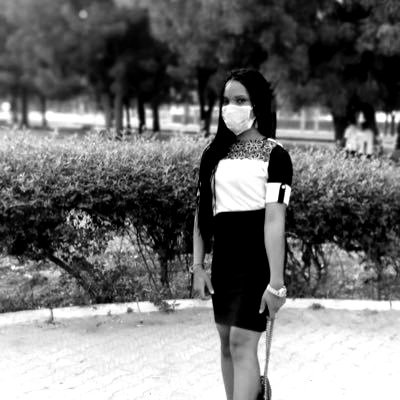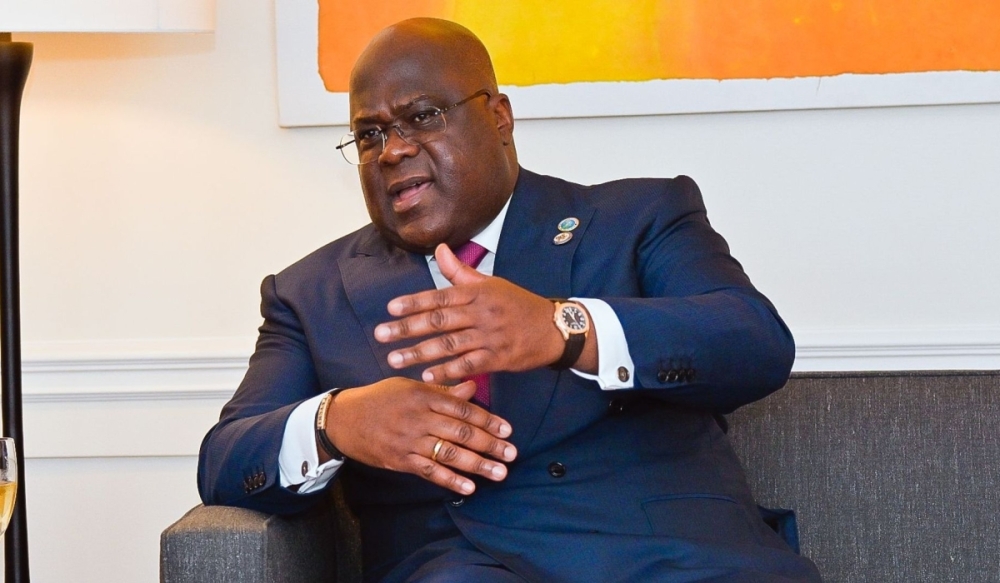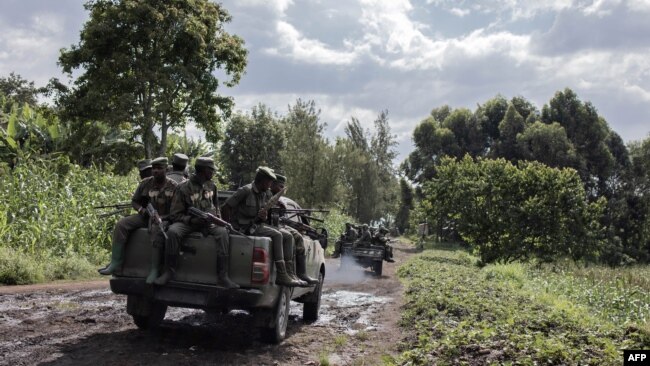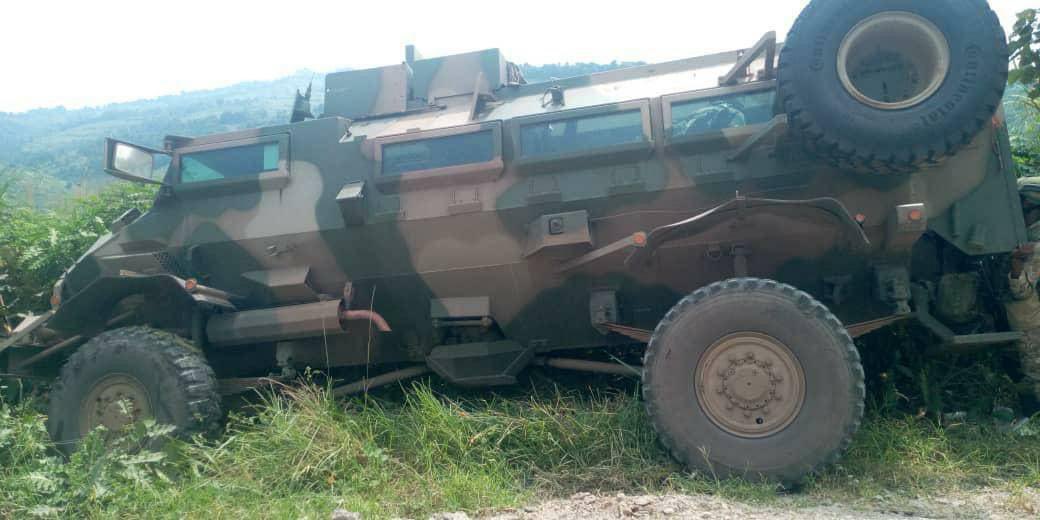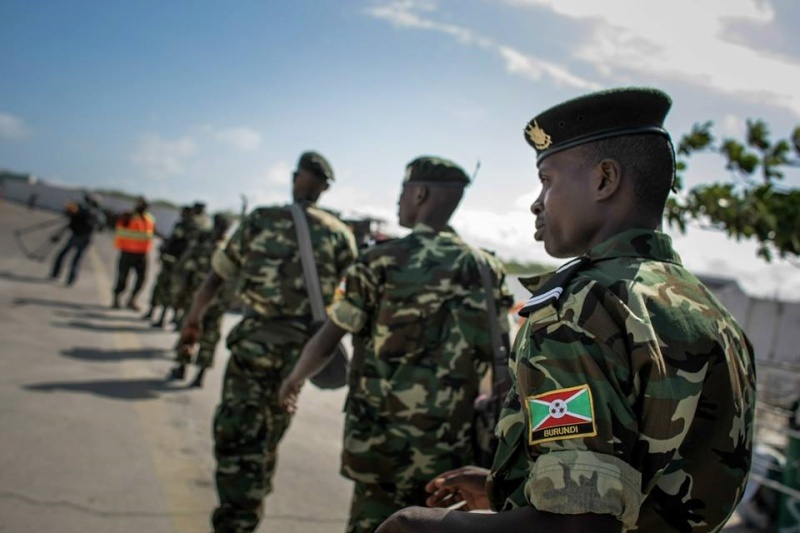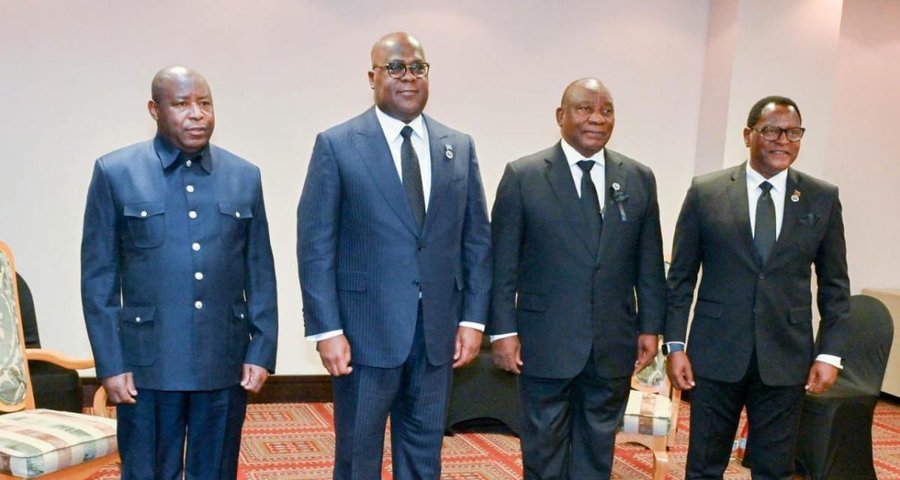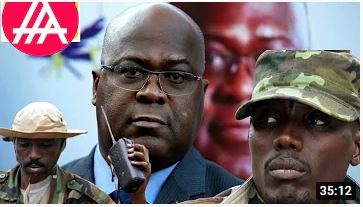Regional
DRC crisis: Why is Kinshasa denying holding secret negotiations with M23?
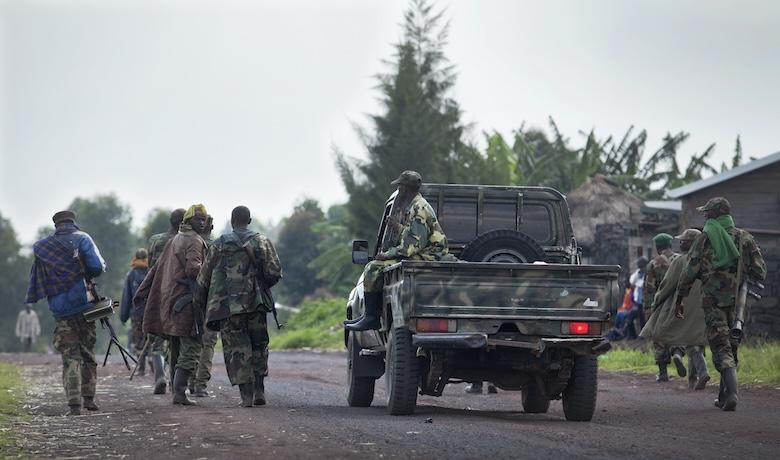
Since late 2021, Congolese army coalition has been been fighting M23 rebellion, but the coalition keep losing battles.
From July 22, news broke on
mainstream media and social media platforms, that delegates from the Democratic
Republic of Congo were in Uganda’s capital Kampala, holding negotiations with
leaders of the M23 rebels, under the facilitation of President Yoweri Museveni,
and former Kenyan president Uhuru Kenyatta.
The M23 is a Congolese
rebellion, fighting against the Congolese army coalition of genocidal FDLR,
Wazalendo, Burundian army, SAMIDRC, and European Mercenaries, among others, in
eastern DRC. The rebels have captured swathes of territory in North Kivu.
After the news of the ongoing
secret negotiations came out, Kinshasa was quick to deny it. Congolese
government Spokesperson and Minister of Communication and Media Patrick Muyaya
posted on his X account to announce that
no person has been mandated by the government for any form of discussion with
the M23 "terrorists" in Kampala.
However, in a contradictory
note, a few hours after his post, Tina Salama, the Spokesperson of DRC
President Felix Tshisekedi, announced that Jean Bosco Bahala, head of
demobilization commission, was dismissed from his post. Bahala was reported to
be among the Congolese government delegation in Kampala.
The developments raised more
questions. If Kinshasa is denying any reports of talks with the M23 rebels, why
would Tshisekedi fire his personnel, if he was not holding any negotiations in
Kampala? Why doesn’t Kinshasa want to negotiate with the rebels?
The
M23 rebels’ demands
Unlike other armed groups
operating in eastern DRC, the M23 is a rebel group fighting against an
existential threat posed especially on Kinyarwanda-speaking Congolese,
specifically Congolese Tutsi, by successive Congolese governments. They have
been persecuted in broad daylight, hundreds of thousands of them were killed
while others were displaced internally and externally. Their property continues
to be looted, their houses burned down, and their cows stolen or killed.
Knowing that if
Kinyarwanda-speaking Congolese don’t fight, they will all be exterminated, the
M23 rebellion took up arms to defend themselves against an existential threat.
The rebels initially
re-emerged in 2012 before they were temporarily defeated in 2013. They resurged
in late 2021, made it clear that they are not in a campaign to conquer
territories, and requested their government to dialogue with them.
The rebels’ demands to their
own government have been simple; to be integrated in the national army, protect
the lives of Congolese Tutsi and be recognized as legitimate Congolese citizens
and repatriate all refugees scattered across the region, after fleeing violence
in their country.
Kinshasa blatantly refused to
hold talks with the M23 rebels claiming that they are “terrorists”. But they
are not terrorists. They are freedom fighters with a resolve to battle against
injustice, persecution and a genocide ideology targeting their minority in
eastern DRC.
Kinshasa refused to address
the refugee crisis, claiming that those who fled are ‘not Congolese’ but rather
Rwandans who have gone back to their country.
Tshisekedi wants to keep the
negotiations in Kampala a secret because he knows he will not keep his word
this time again. The Congolese government has constantly violated agreements
with the M23 rebels, and regional initiatives like the Luanda and Nairobi peace
processes.
This time will not be any
different. Instead, Tshisekedi is taking advantage of the humanitarian
ceasefire put in place in since July 5, to arm and re-organize his weak army
and its coalition.
If Tshisekedi really wishes peace for the Congolese, he will opt for dialogue. Only genuine political dialogue will solve the conflict that concerns the M23 rebellion.


